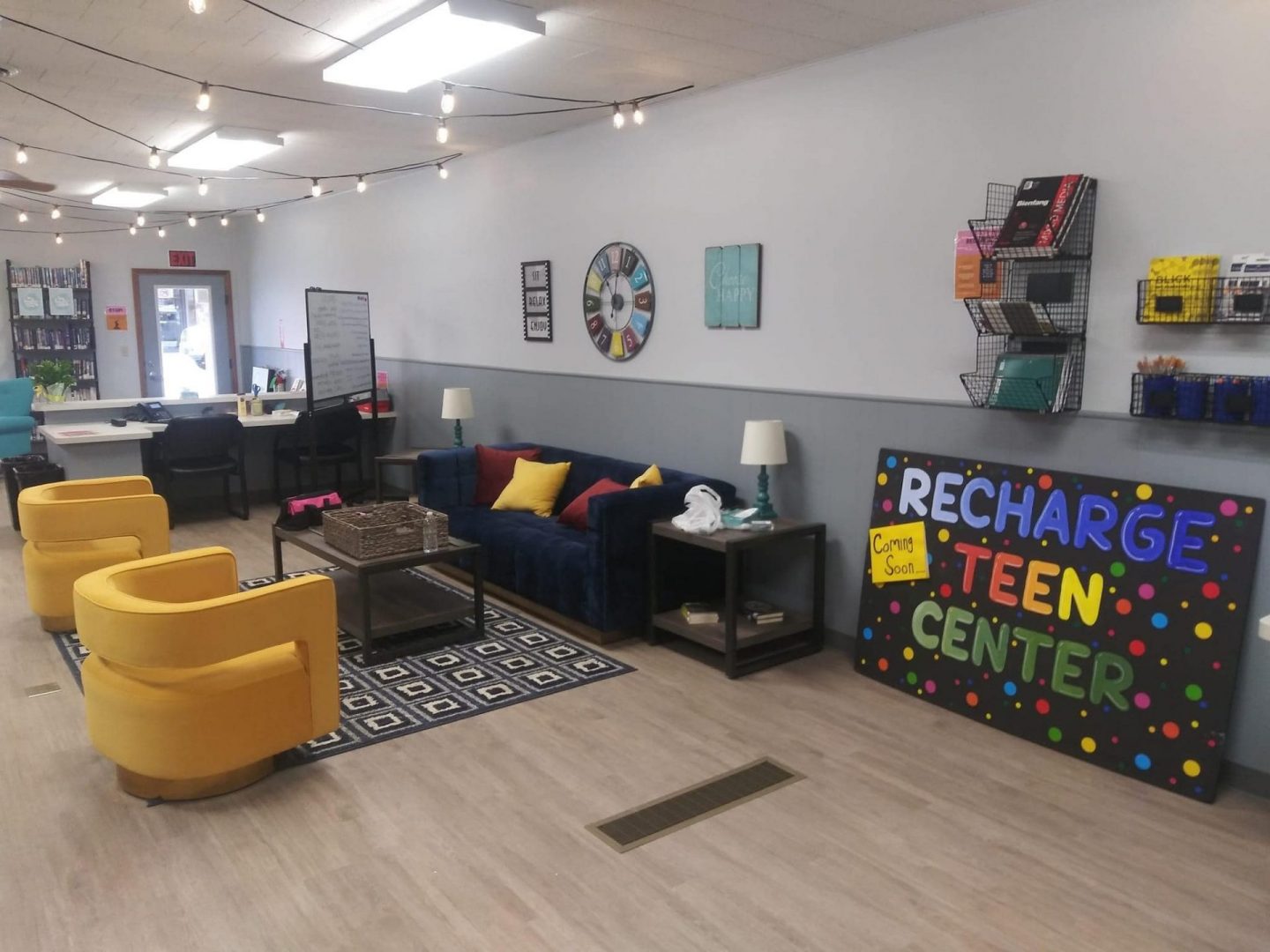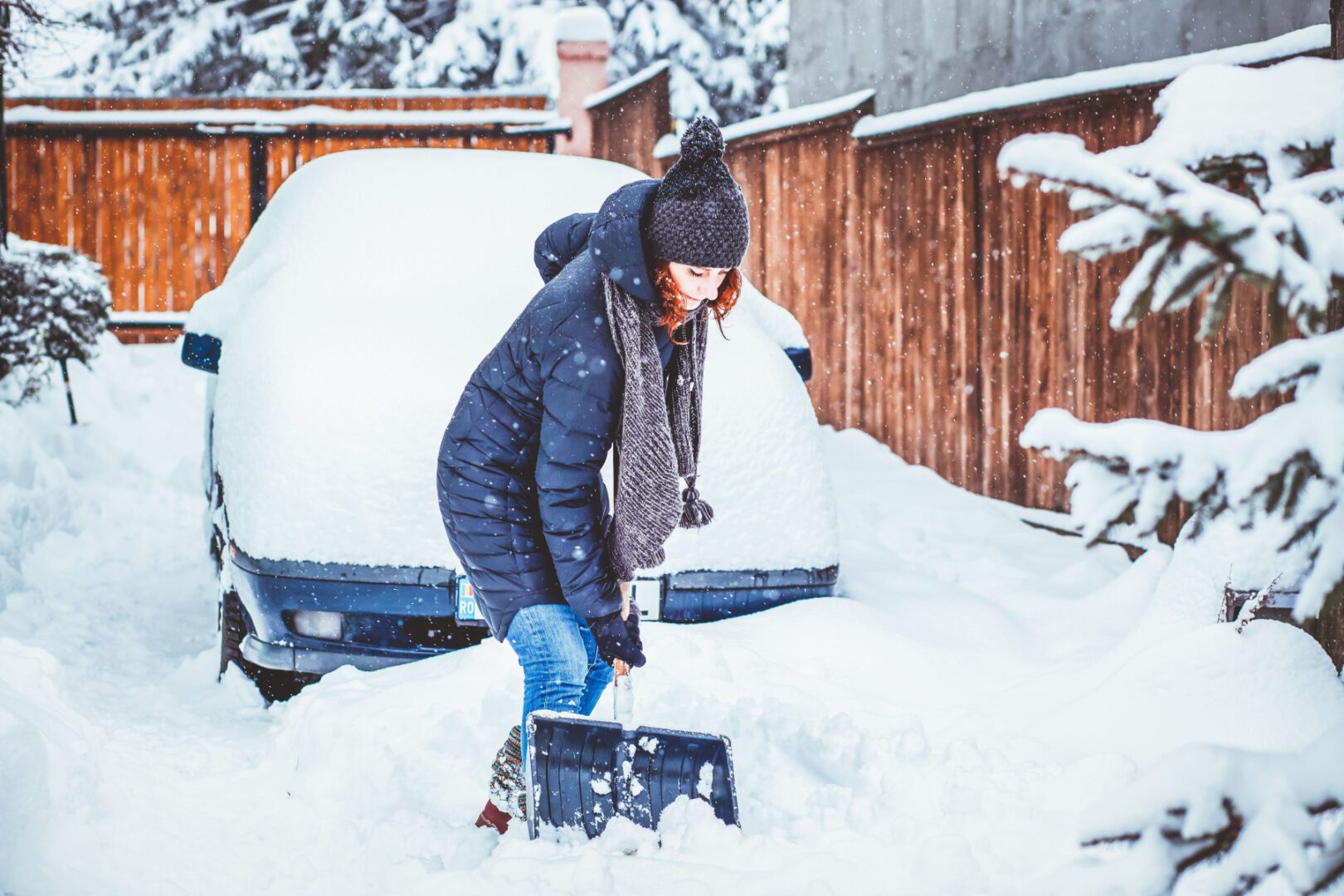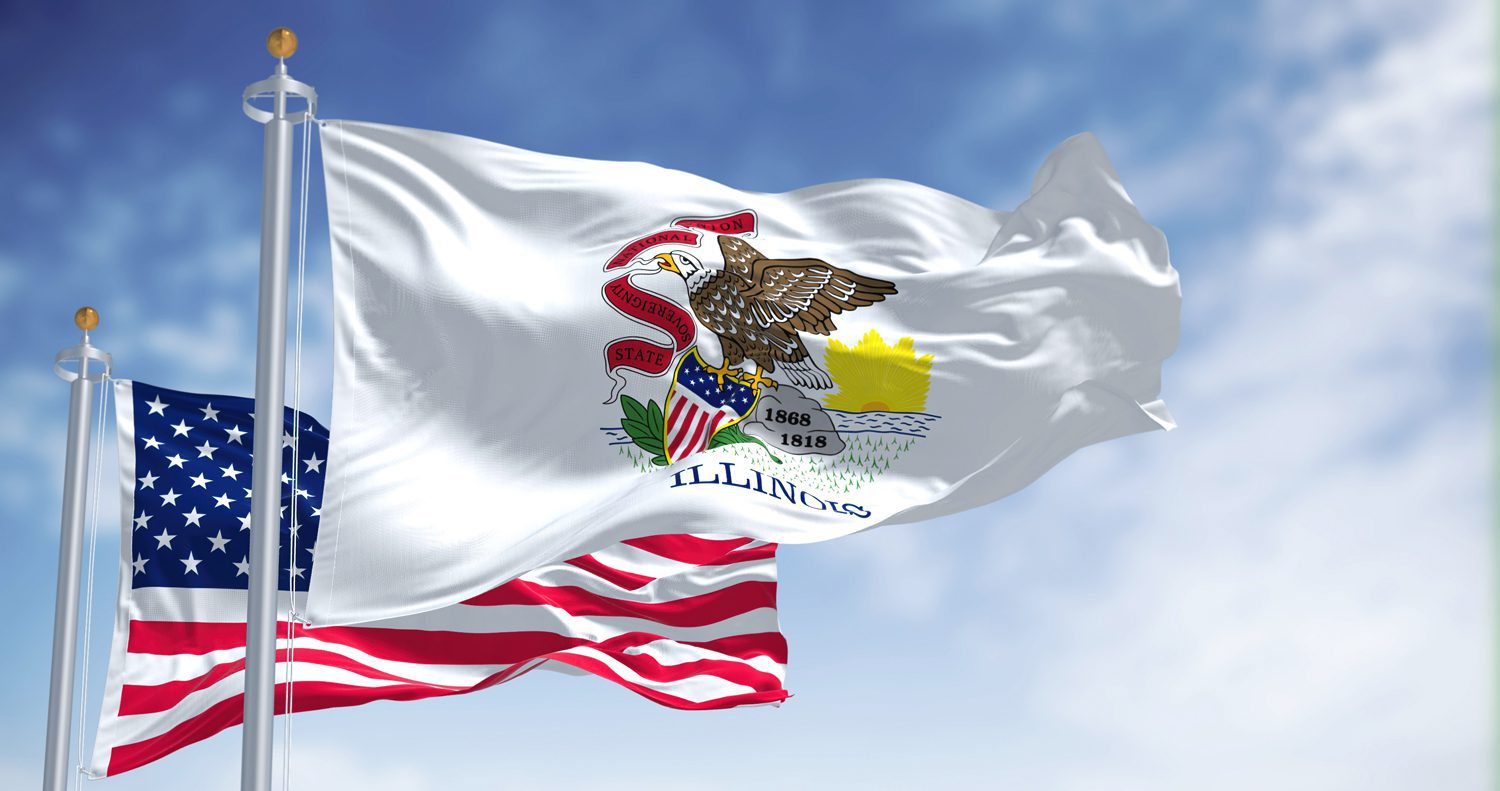With cold temperatures and extreme wind chills in the forecast, Monmouth Fire Captain Craig Cozadd reminds homeowners on alternative heating sources safety:
“Space heaters are a big thing. They are only meant to be used in areas that you are actually working in or operating in or if you are sitting in your living room, but when you go to bed, you want to turn those off. You want to have them plugged directly into an outlet and not using a power strips or any extension cords that are rated for that type of usage because they actually draw a lot of amperage and voltage. Then using gas stoves to heat the house, it is not a good idea for multiple reasons because that is not what they are meant for one, but then you run into carbon monoxide problems as well and also having an open flame; anytime you have an open flame in the house is a bad idea.”
Additionally, the National Fire Protection Agency reports placing a heater on a hard, level surface, keep the heater at least three feet away from any combustible materials, don’t use a heater in a garage near paint, gas cans, or matches, and unplug the heater with it is not in use.















